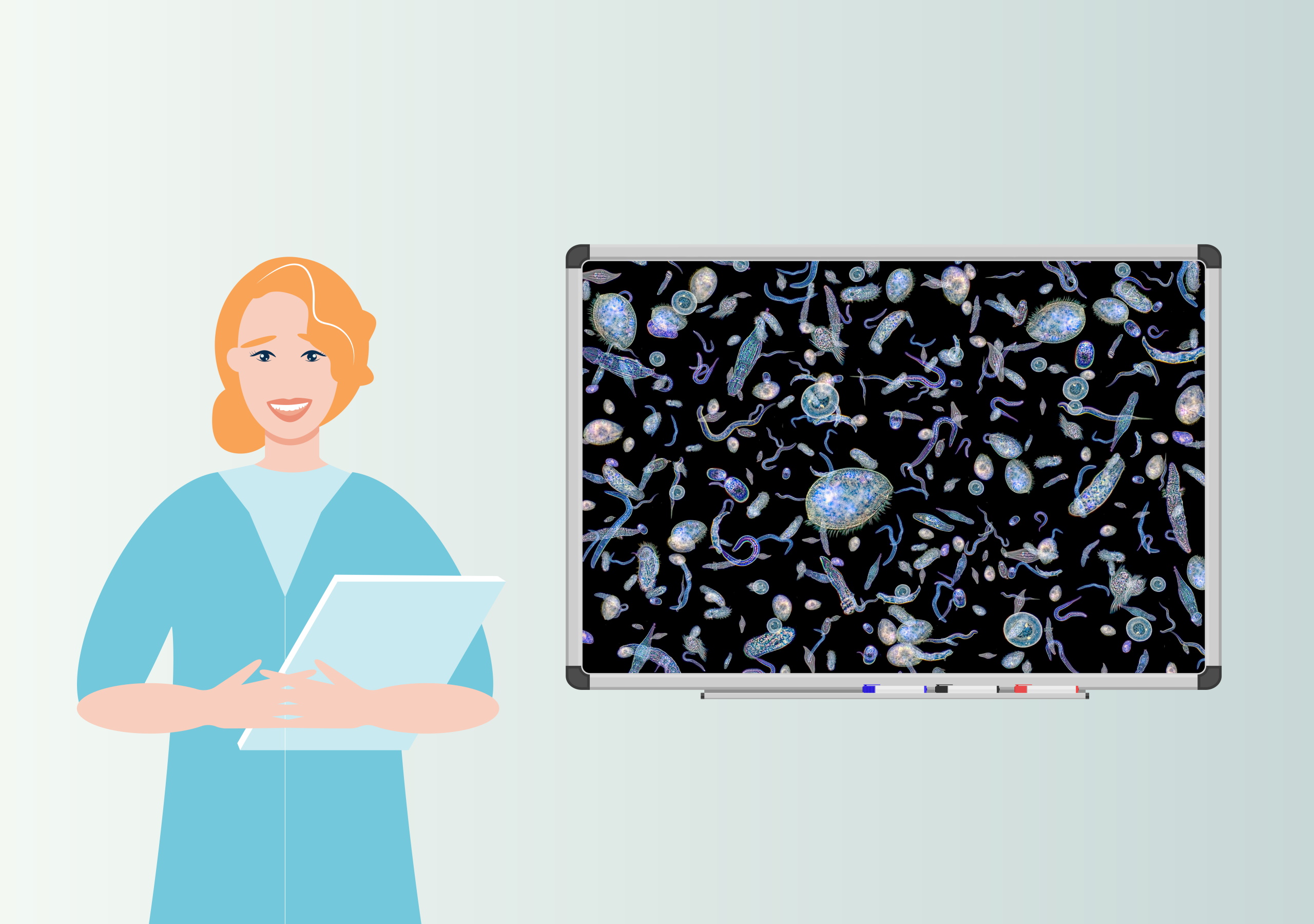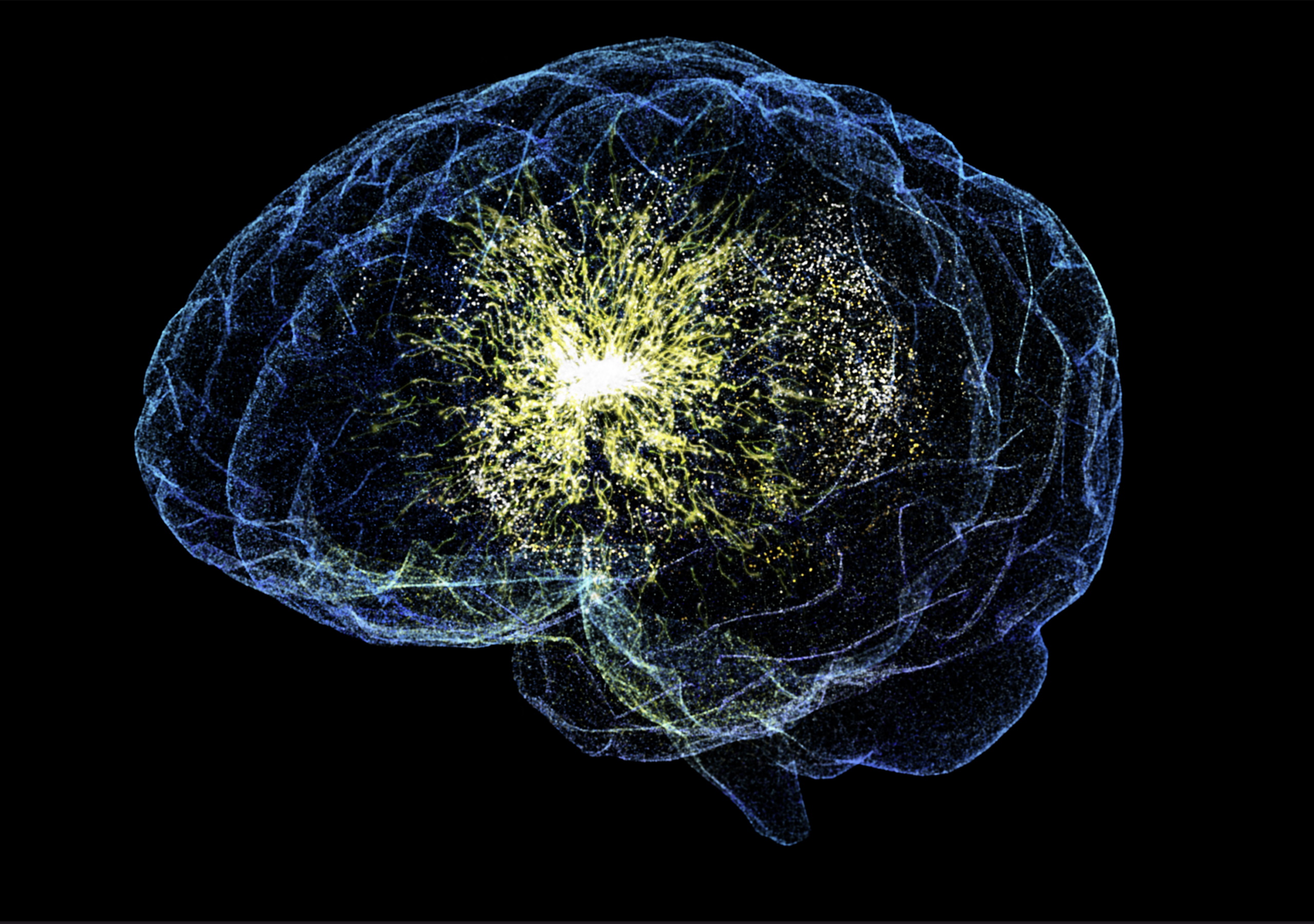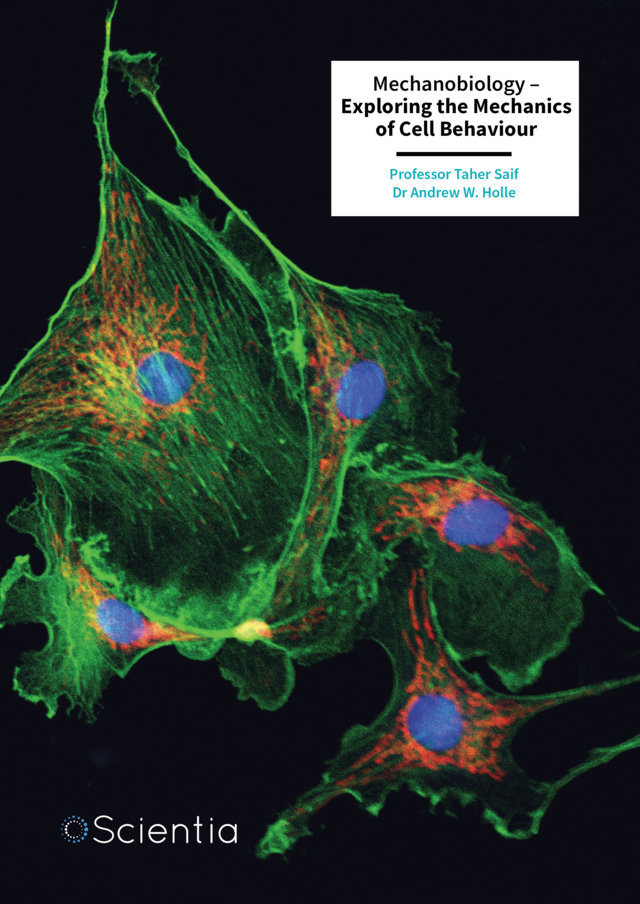Developing therapies to effectively treat cancerous tumors is challenging, due to the hostility of the tumor microenvironment and the potential to unintentionally damage surrounding tissues. Infusions of immune cells can improve immune function and assist the body in fighting disease, although this approach increases the risk of inducing dangerous inflammatory responses. Dr. Archana Thakur and her colleagues at the Universities of Virginia and Pennsylvania have engineered a pioneering immunotherapy system that precisely targets cancerous cells. This new immunotherapy poses minimal risk of adverse reactions, and can be used against a wide range of tumor types. More
Immunotherapy approaches for treating cancer involve the introduction of biologically primed cells into the bloodstream to stimulate the immune system and enhance the body’s ability to respond to and attack cancerous cells.
Although this revolutionary technique has been used to effectively treat some blood-related cancers, its success in treating solid mass tumors has been limited. This is largely due to the combative nature of the environment immediately surrounding the tumor: the so-called tumor microenvironment.
This arduous territory includes a sturdy physical barrier formed by a tissue network, and exhibits altered metabolic activity, diverse nutritional requirements, a hugely reduced oxygen supply, and inhibitory components that impede immune cell function.
Furthermore, excessive numbers of immune suppressive white blood cells may be generated around the tumor mass site, secreting substances that suppress effector functions of infiltrating immune cells and promote tumor growth. Additionally, immunotherapies directed against solid tumors often unwittingly strike off-target, killing healthy cells nearby.
To overcome these hurdles, Dr. Archana Thakur and her team at the University of Virginia, along with colleagues at the University of Pennsylvania, have developed an innovative method whereby engineered metabolically enhanced immune cells are combined with specially selected antibodies to improve the activity of immune cells in the solid tumor microenvironment. This gives them the heightened ability to seek out and destroy specific tumor cells.
The researchers first produced a potent construct to support immune cell functions in the metabolically insufficient tumor microenvironment, and combined these metabolically enhanced cells with selected antibodies. This ensured that the cell-damaging capabilities were directed only towards the intended target, sparing the nearby healthy tissues. Such composites have previously shown encouraging results in the treatment of breast, prostate, and pancreatic cancers, all of which are characterized by solid tumor masses.
The team then determined whether these targeted composites could kill cancer cells multiple times upon repeated exposure. They discovered that they operated as ruthless serial killers, eliminating cells as they appeared. These antibody-armed headless CAR T cells functioned remarkably well in the relentlessly unforgiving tumor microenvironment.
Moreover, upon engagement of the tumor cells with the team’s composites, immunosuppressive activities were halted, decreasing the likelihood of the cancer progressing and migrating to other tissues.
…
To achieve this formidable feat, Dr. Thakur and her team had grown and activated immune cells in the laboratory, before attaching them to bispecific antibodies that can recognize the target cancer cells. The researchers incubated human cancer cells overnight and allowed them to adhere to the surface of the wells in a culture plate.
Following this, the team mixed the engineered composites and incubated the mixture again.
To assess whether the composites could further respond to newly emerging tumor cells, the composites were periodically removed and transferred into culture dishes containing fresh cancer cells. The researchers measured the tumor-killing abilities of the armed headless CAR T cells by targeting two different cell surface molecules sequentially or simultaneously. They also measured the effects of the hostile tumor microenvironments by inducing a state of ultra-low oxygen in a culture of cancer cells, and adding the armed headless CAR T cells to see how well they functioned.
The team’s results show that their composites can effectively target solid tumor cells, survive and function in the tough tumor microenvironment, produce regulatory proteins, and kill new cancer cells repeatedly without triggering toxic responses that can cause further harm.
Furthermore, the researchers also identified the specific types of cancer cells that can be killed using the composites, with those expressing certain growth factors being more susceptible. Repeated exposure of cancer cells causes the immune cells to develop a memory function, which offers future protection from specific tumors.
…
These team’s exciting findings provide unique insights into the mechanisms underpinning the growth, targeting, and destruction of cancer cells.
A major advantage of the team’s immunotherapy approach is the flexibility to tweak the components to target different tumor types. This can be achieved by simply swapping the antibody component without the need to entirely redesign the composite.
Clinical trials of similar technologies involving the infusion of armed activated immune cells into breast cancer patients have been conducted by Dr. Thakur and her team. These have revealed that the killing capabilities of cells exposed to specific tumor types were conserved and could be incorporated into the patient’s immune system. This is certainly promising in the context of the team’s approach, and these findings lay the foundations for the next generation of potent, targeted immunotherapies to treat solid tumors.
The work conducted by Dr. Thakur and her colleagues has undoubtedly increased our understanding of the obstacles encountered in the treatment of aggressive and complicated cancer types. Their research paves the way for more effective treatments that can infiltrate solid tumor masses and successfully navigate the contentious tumor microenvironment.
This will give new hope to those battling this insidious disease, improving the quality of life for countless patients, and optimizing clinical outcomes to boost prognoses, even in the most seemingly futile of circumstances.







